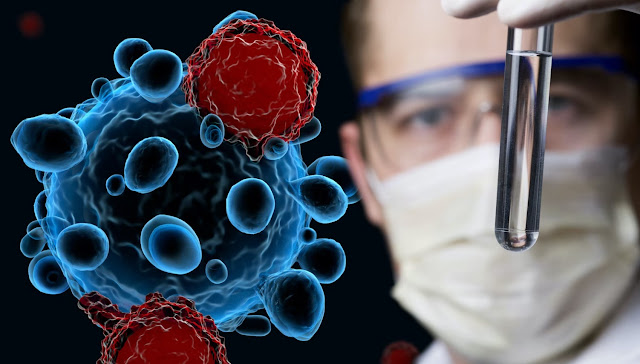Cell And Gene Therapy Holding Immense Promise For The Treatment Of Various Diseases And Conditions
 |
| Cell And Gene Therapy |
Cell And Gene Therapy represent groundbreaking approaches in the field of
medicine, holding immense promise for the treatment of various diseases and
conditions. These innovative therapies involve the manipulation and utilization
of living cells and genes to target and correct the underlying causes of
diseases at the genetic level.
By
harnessing the power of our own cells and genetic material, these therapies
have the potential to transform the way we treat and even cure previously
incurable ailments. Cell therapy involves the transplantation or modification
of living cells to restore or enhance their function within the body. These
cells can be sourced from the patient (autologous) or a donor (allogeneic).
According To Coherent Market
Insights, The Global Cell And Gene
Therapy Market Was Assessed At $15,580.3 Million In 2022 And Is
Anticipated To Grow At A CAGR Of 24.7% From 2022 To 2030.
Stem
cell therapy, a prominent form of Cell
And Gene Therapy, utilizes stem cells, which possess the unique ability to
differentiate into different cell types, promoting tissue repair and
regeneration. Mesenchymal stem cells, for instance, have shown great potential
in treating conditions like osteoarthritis and inflammatory disorders.
Another
notable application is CAR-T cell therapy, where a patient's T-cells are
engineered to express chimeric antigen receptors (CARs) to specifically target
cancer cells, leading to remarkable results in certain types of leukemia and
lymphoma. Gene therapy, on the other hand, involves the introduction,
correction, or deletion of genetic material within a patient's cells to treat
genetic disorders.
This
is achieved by delivering therapeutic genes into target cells using viral
vectors or other delivery methods. Inherited genetic disorders like cystic
fibrosis and muscular dystrophy have been the focus of gene therapy research,
and significant progress has been made in preclinical and clinical studies. In
some cases, gene therapy has provided curative outcomes, revolutionizing the
treatment options for these otherwise devastating conditions.
One
of the most significant challenges in developing Cell And Gene Therapy has been ensuring their safety and efficacy.
Researchers must carefully design and conduct rigorous clinical trials to
evaluate these therapies thoroughly. The potential for unforeseen adverse
effects, immunogenic responses, and ethical concerns must be meticulously
addressed. However, recent advancements and improved understanding of these
therapies have paved the way for their increasing integration into clinical
practice.
Biotechnology is the bridge between biology and technology,
utilizing the principles of life sciences and applying them to develop
innovative tools, techniques, and applications that have significant
implications for various industries and scientific research.
The
field of oncology has been at the forefront of Cell And Gene Therapy breakthroughs. CAR-T cell therapy, mentioned
earlier, has demonstrated remarkable success in certain blood cancers. In
addition to this, gene editing technologies like CRISPR-Cas9 have opened up new
avenues for targeted cancer treatments, allowing for precise modifications in a
patient's genome to eliminate cancer cells while sparing healthy tissue.


Comments
Post a Comment